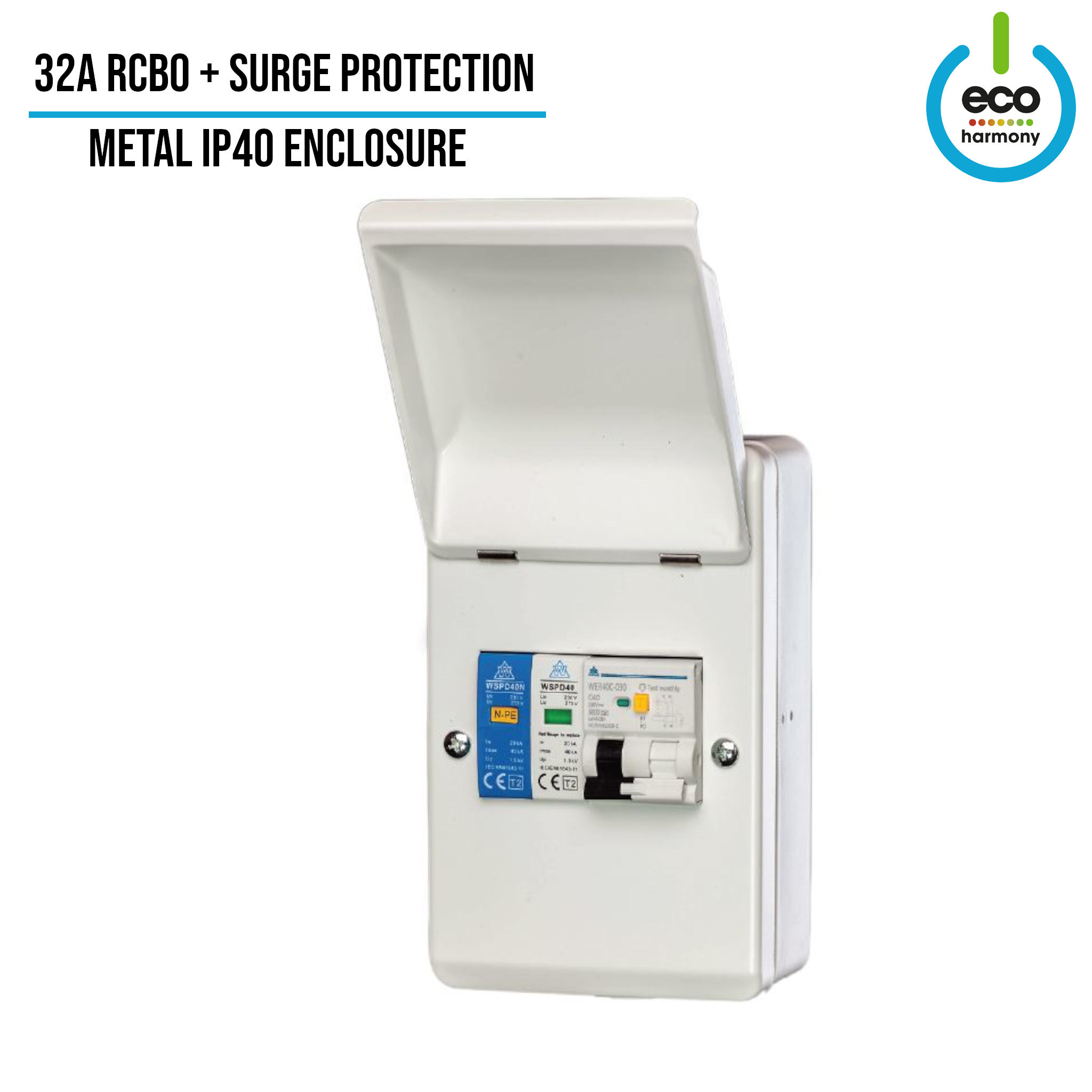The Role of Consumer Devices in Efficient Power Administration Equipment
Customer systems are important to effective power management systems, functioning as the primary distribution factors for electric power within frameworks. By including circuit breakers, they secure circuits from potential overloads, thus preserving safety and stopping substantial outages. The introduction of smart modern technologies has even more enhanced their capability, permitting real-time information tracking and nuanced energy usage evaluation. This assimilation not just enhances energy use but also helps with the unification of renewable resource sources, thus advertising lasting methods. Exactly how, after that, do these innovations convert to tangible advantages in day-to-day energy management?
Recognizing Customer Systems

Comprehending the duty of customer devices starts with identifying their crucial function in securing electric systems. By isolating mistakes within details circuits, consumer systems avoid widespread failures and prospective fire risks. This seclusion is accomplished via using circuit breakers that trip or integrates that strike when a mistake is found, consequently cutting off the electrical circulation to the affected circuit.
Moreover, customer systems assist in the orderly distribution of power, enhancing the effectiveness of power use. They permit the methodical management of electrical tons, which can be particularly important in commercial and industrial settings where demand can rise and fall dramatically. Effectively kept consumer devices add to the long life of electric systems and assist in reducing downtime triggered by electric failures, eventually supporting the seamless procedure of energy-dependent centers.
Smart Technologies Assimilation

An essential advantage of wise customer devices is their capacity to leverage progressed formulas and artificial intelligence for predictive analytics. This enables preemptive changes based upon usage patterns, weather condition projections, and other variables, substantially increasing overall performance. Additionally, wise consumer units promote demand action programs, where energy usage can be dynamically readjusted throughout optimal durations to stabilize the grid and lower prices.
The combination of renewable resource sources, such as solar and wind, is likewise streamlined with smart customer units. By intelligently handling the intermittency of these resources, these units make sure a dependable and balanced energy supply. In addition, smart consumer devices improve customer engagement by offering in-depth understandings and push-button control capabilities through mobile applications, fostering a more proactive approach to power conservation and sustainability.
Surveillance Energy Consumption
Building on the abilities of wise modern technologies integration, keeping track of power usage becomes a crucial emphasis within energy monitoring systems. Efficient tracking offers as the structure for recognizing energy inadequacies and implementing rehabilitative steps. By leveraging sophisticated metering infrastructure (AMI), real-time information on energy usage can be accumulated at granular degrees, offering important insights into consumption patterns and peak need periods. This data-centric approach allows both consumers and energy supervisors to make informed choices aimed at reducing waste and boosting general effectiveness.
Smart meters and Net of Points (IoT) devices play a critical role in this tracking process. These devices can track power use in real-time, transmitting data to central systems for analysis.
The integration of these modern technologies not just empowers consumers with comprehensive details regarding their power use however additionally supports energy check my site suppliers in taking care of lots circulation better. Ultimately, accurate and continuous monitoring is indispensable for attaining power effectiveness, price financial savings, and sustainability goals within energy administration systems.
Optimizing Device Usage

One efficient method includes identifying height and off-peak hours to change energy-intensive activities, such as laundry or dishwashing, to times when power demand is reduced. This not only lessens pressure on the grid but additionally profits from lower energy tariffs. Additionally, incorporating artificial intelligence algorithms enables predictive upkeep, ensuring devices operate at optimum performance and extending their lifespan.
Energy monitoring systems can also incorporate user-specific preferences and behaviors to customize home appliance usage timetables. As an example, clever lighting systems can adjust illumination based on tenancy and natural light accessibility, while HVAC systems can preserve comfort degrees without too much power use.
Supporting Sustainability
Promoting sustainability within basics energy management systems involves not just enhancing effectiveness however likewise fostering ecologically accountable practices. Consumer devices are essential to this procedure, as they supply real-time data and control devices that enable individuals to keep track of and reduce their power intake. By leveraging sophisticated modern technologies, customer devices can determine energy-saving chances and promote the assimilation of renewable resource sources like solar and wind power.
One crucial aspect of advertising sustainability is educating customers on the benefits of responsible energy usage. Via in-depth insights supplied by consumer devices, users can make enlightened choices that reduce their carbon impact. As an example, these devices can recommend ideal times for running high-energy appliances based on grid need and renewable resource accessibility, thus minimizing reliance on nonrenewable fuel sources.
In addition, customer devices sustain the fostering of clever grid innovations, which improve the total effectiveness and integrity of power distribution. By making it possible for two-way interaction between consumers and energy suppliers, these systems can dynamically adapt to power demands, reducing waste and promoting the use of sustainable power methods.
Final Thought
Customer systems, as essential components of energy management systems, substantially boost electric safety and read efficiency within structures through circuit security and clever innovation integration. Furthermore, the unification of renewable energy sources advertises lasting techniques, contributing to lowered overall energy intake and reduced carbon footprints.
Breakthroughs in smart innovations have actually reinvented the capabilities of energy administration systems, specifically with the integration of clever consumer devices.Building on the capacities of clever modern technologies assimilation, monitoring energy intake becomes an important emphasis within power administration systems.Reliable appliance usage optimization is an important part of power management systems, aiming to boost performance and minimize unneeded power usage.Consumer units, as important elements of energy administration systems, dramatically enhance electrical security and performance within structures via circuit defense and wise innovation assimilation. In addition, the unification of sustainable energy resources advertises sustainable techniques, adding to reduced total energy consumption and lower carbon footprints.